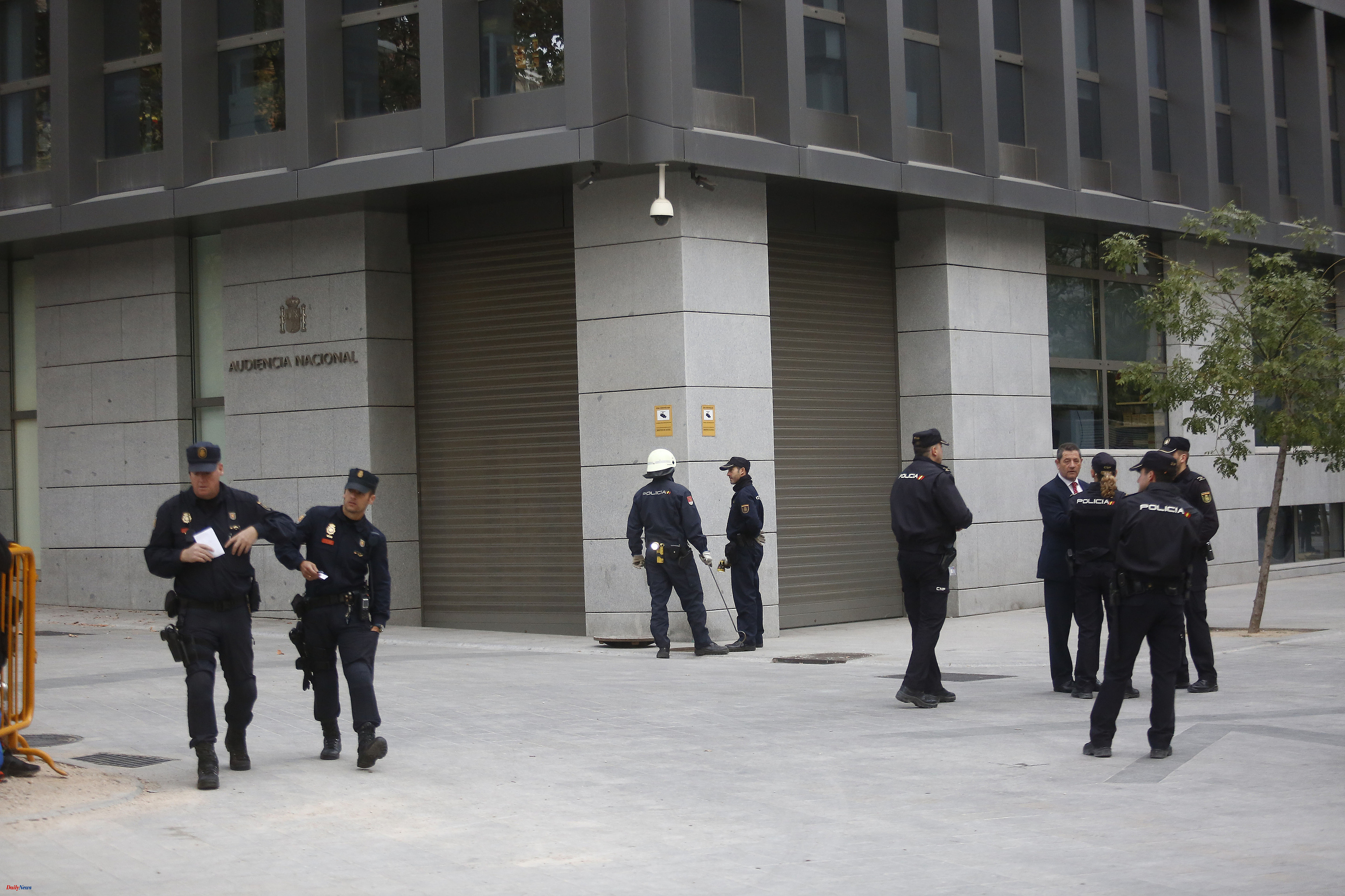The National Court has annulled the global fine of 91 million euros imposed by the National Competition Market Commission (CNMC) on Santander, BBVA, Sabadell and Caixabank for conspiring to offer interest rate derivatives under conditions other than those agreed with the clients.
The Contentious-Administrative Chamber concludes that it has not been proven that during the entire period investigated - between 2006 to 2016 - there was "a common plan" between the sanctioned entities that justifies the legal classification of a single and continuous infringement. There is no doubt that they violated the Competition Law in a case of sale of products, but the sanction imposed required having also proven other cases.
The Sixth Section thus estimates the appeals presented by the financial entities that the CNMC issued in 2018 and that imposed fines of 31.8 million on Caixabank; 23.9 to Santander; 19.8 to BBVA and 15.5 million to Banco Sabadell. In the four cases "by agreeing to set the price above the prices under market conditions of the derivatives that were used to hedge the interest rate risk associated with syndicated loans for project financing."
The Commission considered that they had committed a very serious infringement under the Competition Law and that they had also violated the Treaty on the Functioning of the European Union for a decade.
The four sentences do recognize that, in some of the operations - the contracting with the Vapat Group between 2010 and 2012 - illicit activities have been proven, since the four entities, "before making the offer to their clients, agreed on the type of interest of financial derivatives outside the client-investor". The client, according to the court, believed that the interest rate offered to him at the time of closing the transaction "corresponded to the market price", when in reality the interest rate they offered was "the one they had set by mutual agreement, without regard to market conditions".
But, the court continues, "it is not demonstrated that this determined a price of the derivative higher than the price under market conditions, nor, more importantly, that the price determination process [...] was opaque to the client, to look behind his back."
Even admitting as a hypothesis the concertation of the entities to set a fixed rate identical to the market rate, the Chamber adds in one of its rulings, "this does not prove that it was done behind the client's back, since it has not been proven that in these contracts the clients show any complaint or surprise at having discovered margins or commissions whose amount is unknown that were not described when they formalized the coverage contract.
The Chamber recalls that the concerted action of financial entities to illicitly agree on a supposedly more beneficial price for them is only illicit "if it is carried out with total ignorance of the client" and that this "key" aspect to appreciate the illegality of the agreement "only participates in the operations of the Vapat Group companies, but not in the rest".
To appreciate the existence of a single and continuous infringement, it would have been necessary for the CNMC to demonstrate that this had also been done in other cases. Another one that the Commission used, the court considers to be time-barred. Since this has not been the case, the court rules out that all the derivative contracting operations that appear in the sanctioning resolution "are part of the same preconceived plan" and that therefore they can fit into the figure of a single and continuous infringement.
For the Court, "there is no doubt" about the illicit nature of the conduct of the banking entities in the operations carried out with the Vapat Group, but the legal classification of a single and continuous infringement is not possible.












